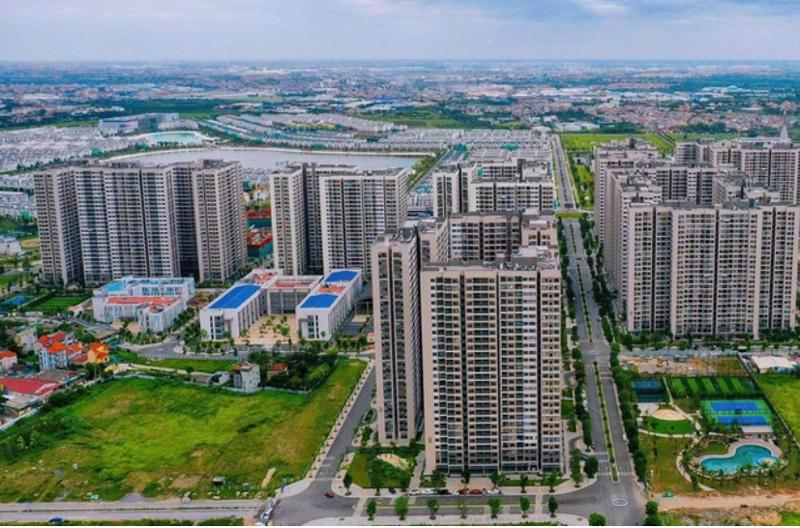Under newly-amended regulations such as the Land Law, the Law on Housing, and the Law on Real Estate Business, which will take effect from 2025, overseas Vietnamese (OV) can own and trade real estate in Vietnam more easily, the Vietnam News Agency has quoted experts as saying.
The amended laws provide a uniform approach to issues relating to land, housing, and real estate, ensuring the rights of OVs with Vietnamese nationality to own and trade real property like Vietnamese citizens residing inside the country, evidencing the country’s policy of taking OVs as an inseparable part of the nation.
Under the newly-adopted Land Law (amended), Vietnamese citizens residing abroad can enjoy all rights related to land, not only those for residential land, just like their fellow residents inside the country.
They are also allowed to build houses and invest in construction projects for sale, lease, and lease purchase, and invest in technical infrastructure in real estate projects to transfer, lease, and sublease the right to use land with technical infrastructure.
OVs are currently allowed to own houses in Vietnam, but can only receive a transfer of residential land use rights through purchase, lease purchase, inheritance, and donation of housing attached to land use rights, or only receive residential land use rights in housing development projects.
Previous regulations have prevented them from transferring, donating, and inheriting land outside housing development projects, and from enjoying the right to build and own houses on land outside housing development projects.
Lawyer Nguyen Van Hau, Vice Chairman of the Ho Chi Minh Bar Association, said that with the new regulations, it will be easier for OVs to own real estate in the country.
He added that, previously, though regulations allowed OVs to buy real estate in Vietnam, many had to authorize their relatives to be the owner of the property. Because of concerns about complicated procedures and regulations, many hesitate to buy real estate in the country, he added.
This amendment has created equality between domestic individuals and OVs in terms of investing and undertaking ventures in the real estate business. When buying a house and having the same rights as domestic citizens, they can transfer remittances to invest and buy a house in Vietnam. Thus, the real estate market will see great demand from OVs for high-end housing in the market now, Mr. Hau believes.
Mr. Mai Hai, a real estate broker, said that the vibrant market and high profits on offer are considered attractive for remittances to pour into Vietnamese real estate.
He noted that the rate of OVs buying houses in Vietnam is increasing, adding that Vietnam’s rental profits are quite attractive, at 5-7 per cent, which is higher than developed markets like Australia and the US.
According to the Business Association of Overseas Vietnamese, the volume of remittances will be abundant in the future because the Vietnamese community abroad is increasing in both quantity and living areas.









 Google translate
Google translate